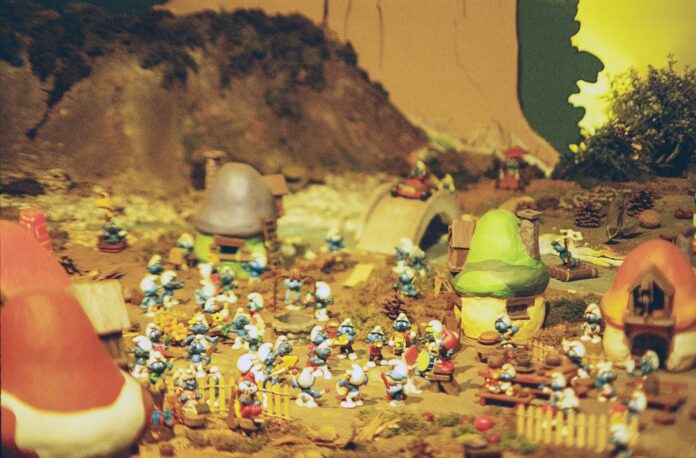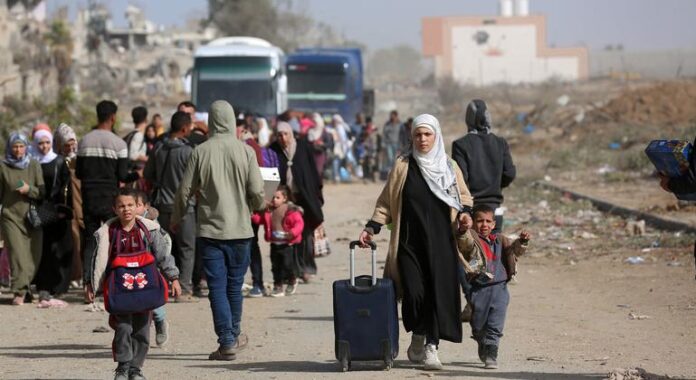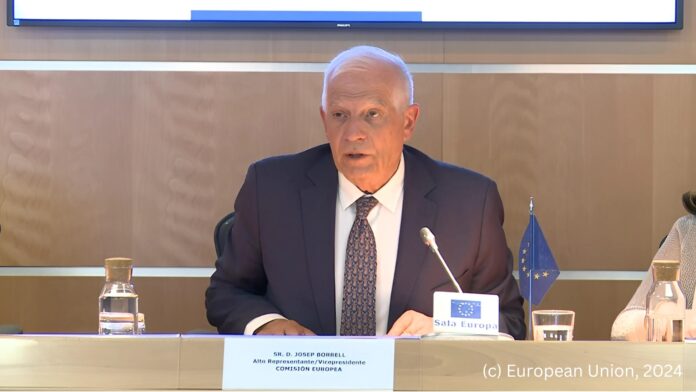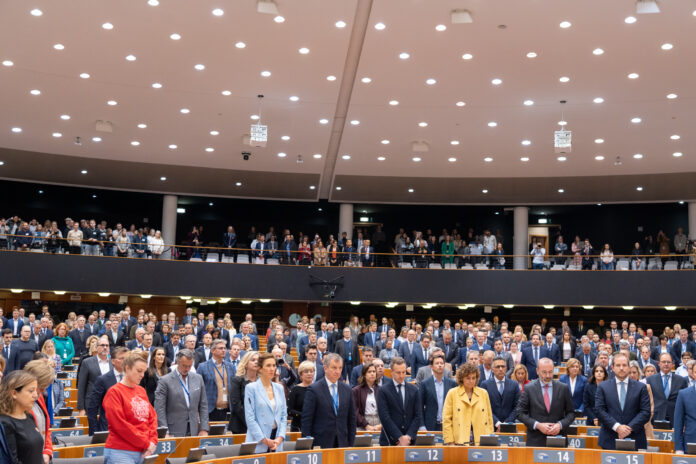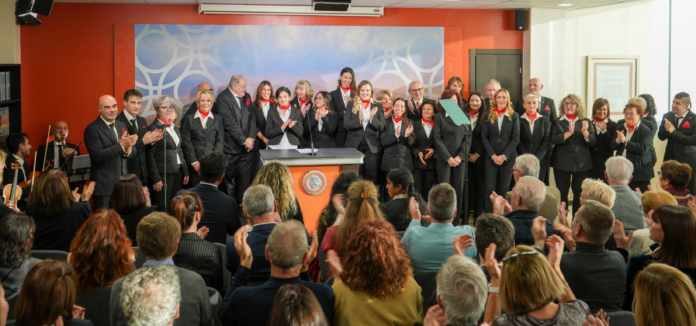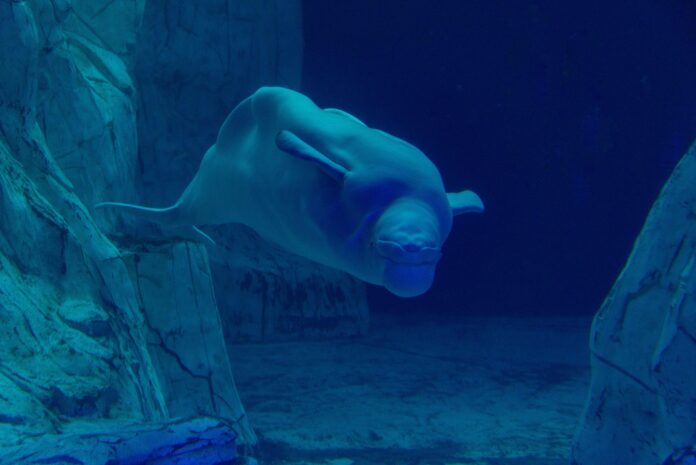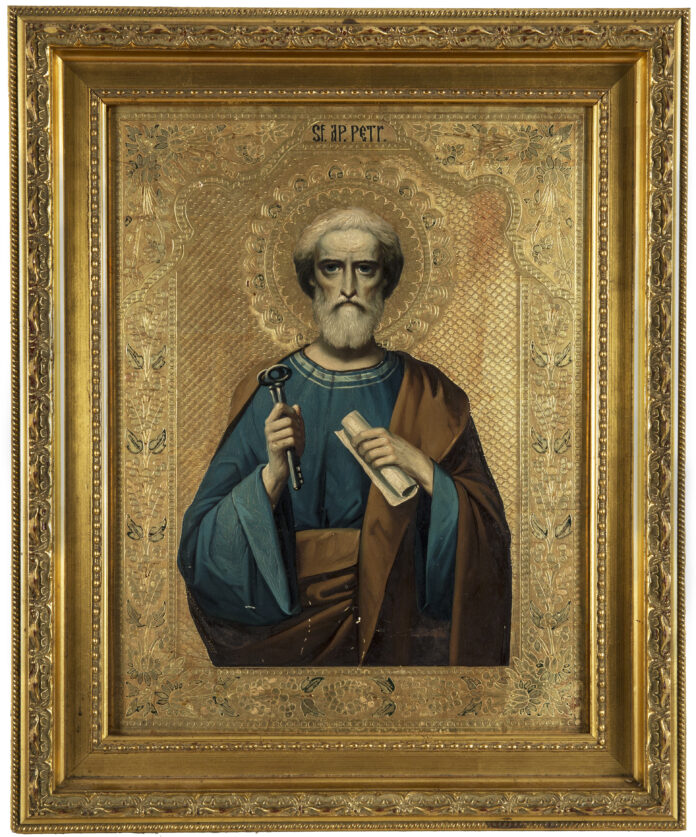There’s a world of eco-friendly activities waiting for you in Brussels, especially on Sundays! Embrace your green side with this guide that highlights enjoyable ways to make your weekends more sustainable. From visiting local markets to exploring beautiful parks, you’ll discover how easy it is to incorporate eco-conscious habits into your routine. To find out more about planning these adventures, check out How To Spend A Sustainable Weekend In Brussels. Let’s explore a greener way to enjoy your Sundays!
Why Choose Sustainable Sundays?
Your journey towards a more eco-friendly lifestyle starts here with Sustainable Sundays. By dedicating just one day of the week to eco-conscious activities, you take a simple yet impactful step toward reducing your carbon footprint. Embracing sustainability in your daily life can foster a deeper connection with the environment around you, making each Sunday not just a day of rest, but a day of purpose and action. Imagine gathering with family and friends, sharing ideas on how to live greener, and participating in activities that benefit both your well-being and that of our beautiful planet.
The Importance of Eco-Friendly Practices
By integrating eco-friendly practices into your Sundays, you’re promoting awareness and understanding of environmental issues that affect your community and the world. It’s not just about the actions you take, but the ripple effects they create. Every small change you make can inspire others to join you on this journey, fostering a collective effort toward a healthier planet. From reducing waste to choosing sustainable products, these practices play a key role in conserving resources and protecting biodiversity.
Benefits for the Community and Environment
Below are some immediate benefits you can see in your community from choosing sustainable practices on your Sundays. Community clean-up events, for example, not only beautify local parks and green spaces but also strengthen neighborhood bonds. By actively participating in sustainable initiatives, you contribute to enhancing the quality of life in your area while also advocating for environmental protection and awareness. It’s a wonderful way to meet like-minded individuals who care about preserving your community for future generations.
Considering the positive impact of your efforts, it’s clear that engaging in Sustainable Sundays can lead to meaningful changes that benefit everyone. Not only do you help keep the environment clean and healthy, but you also promote a sense of responsibility and togetherness within your community. By raising awareness and inspiring others to make small changes, your actions can grow to become part of a larger movement toward sustainability, creating a better place for you and those around you. So, why not start this fulfilling journey today? Your Sunday can be the key to a more sustainable future!
Eco-Friendly Activities in Brussels
If you’re looking to make meaningful contributions to sustainability while enjoying your Sunday in Brussels, there are plenty of eco-friendly activities to engage in. Whether it’s exploring vibrant local markets, indulging in nature, or getting your hands dirty in a community garden, you have many options to make your day enjoyable and environmentally impactful.
Exploring Local Organic Markets
Local organic markets are a fantastic way to discover the rich flavors of Brussels while supporting sustainable agriculture. You can stroll through these markets, chat with local farmers, and handpick fresh, seasonal produce that has been grown without harmful pesticides. Not only is this beneficial for your health, but it also reduces your carbon footprint since the food doesn’t have to travel far to reach you. Plus, you can often find unique, artisanal products that are not available in regular supermarkets!
Visiting these markets also allows you to connect with the community and learn about the benefits of sustainable living from passionate vendors. You’ll find that many of them are eager to share tips on how to reduce waste and embrace eco-friendly practices in your daily life. So, grab a reusable bag and head out to support your local farmers while enjoying a fun, weekend outing!
Enjoying Nature at Parc du Cinquantenaire
Against the backdrop of Brussels’ stunning architecture, Parc du Cinquantenaire offers a peaceful retreat where you can immerse yourself in nature. This expansive park features picturesque gardens, walking paths, and plenty of green space to relax and unwind. With your favorite book or a picnic basket, it’s the perfect spot to spend your Sunday afternoon, allowing you to recharge while breathing in the fresh air.
Nature is crucial for both mental well-being and environmental awareness. By spending time in places like Parc du Cinquantenaire, you develop a stronger connection to the natural world and realize the importance of preserving it for future generations. Thus, taking a leisurely stroll or meditating in this green oasis not only rejuvenates you but also inspires further eco-friendly actions in your daily life.
Joining a Community Garden
Against the hustle and bustle of urban life, joining a community garden is a wonderful way to connect with fellow eco-conscious residents while nurturing your gardening skills. Practicing sustainable gardening techniques can help you grow your own vegetables or flowers, all while contributing to a greener environment. These community spaces promote biodiverse planting, and you’ll likely learn a thing or two from fellow gardeners about eco-friendly cultivation practices.
Organic gardening fosters a sense of community and shared responsibility for the environment. You will not only enjoy the fruits of your labor but also find satisfaction in contributing to a sustainable food system. Sharing tips, produce, and experiences with fellow members will enhance your sense of belonging within the community!
Participating in Trash Clean-Up Events
Before you head out for your Sunday fun, consider participating in trash clean-up events around Brussels. These community-driven initiatives often take place in parks, public spaces, and along waterways, ensuring that our environment stays clean and beautiful for everyone to enjoy. Your efforts can help raise awareness about the importance of keeping our surroundings pristine while also fostering a sense of camaraderie among participants.
In addition to cleaning up the local environment, joining these events often provides an opportunity to meet like-minded individuals who share your passion for sustainability. You can exchange ideas on how to reduce waste in your daily life and learn about local environmental challenges. So, put on some gloves and grab a trash bag; it’s a rewarding way to spend your Sunday while making a positive impact!
Sustainable Food Options
After embracing eco-friendly habits, the next step is to explore delicious sustainable food options that will not only nourish you but also support local initiatives. Luckily, Brussels is a treasure trove of eateries and experiences that champion sustainability and cater to your palate. From vegan delights to fresh farm produce, you are sure to find options that align with your values while treating your taste buds.
Best Vegan and Vegetarian Restaurants
Behind the charming streets of Brussels, you’ll discover a variety of vegan and vegetarian restaurants that prioritize sustainability. These eateries go beyond merely offering meat-free options; they focus on organic, local, and seasonal ingredients to create mouth-watering dishes. Whether you’re a dedicated vegetarian or simply seeking to reduce your meat intake, you’ll find gourmet meals that highlight innovative cooking techniques while being kind to the planet.
Not only will your dining experience be delicious, but you will also be supporting restaurants that emphasize eco-conscious practices. Many places even source their ingredients from local farms and markets, ensuring that your meal leaves a lighter footprint. From hearty plant-based burgers to intricately crafted salads packed with nutrients, take your taste adventures to the next level while doing your part for sustainability.
Farm-to-Table Experiences
Restaurants in Brussels are increasingly adopting farm-to-table experiences, which connect you directly with the source of your food. This trend involves sourcing ingredients from nearby farms, guaranteeing that your meals are fresh and free from excessive transportation emissions. By dining at these establishments, you not only enjoy flavors that are at their peak but also contribute to the local economy and promote responsible agricultural practices.
The farm-to-table movement in Brussels often includes seasonal menus that change regularly, so you can relish in the diversity of local produce throughout the year. Visiting these restaurants is not just about eating; it’s about engaging with the community, learning more about where your food comes from, and embracing a dietary choice that champions environmental sustainability.
Tips for Reducing Food Waste at Home
One effective way to contribute to sustainability is by reducing food waste in your kitchen. You can make a significant impact by planning your meals and practicing mindful shopping, ensuring you only buy what you truly need. Additionally, get creative with leftovers and repurpose ingredients you already have. Here’s a quick list of tips to help you minimize waste:
- Plan your meals for the week to avoid impulsive buys.
- Store perishable items properly to extend their shelf life.
- Get creative with leftovers—transform them into new meals.
Assume that every small change counts. By doing your part at home, you contribute to a larger shift towards waste reduction in the food industry.
Reducing food waste can also be an enjoyable adventure. Integrating composting into your routine allows you to turn organic scraps back into nourishing soil, fostering a sustainable cycle. Explore local programs or community gardens that might need your extra produce or scraps. Consider these simple strategies to help you cut down on food waste:
- Keep track of what you have to avoid overbuying.
- Get familiar with “ugly” fruits and vegetables that are still perfectly delicious.
- Join local food-sharing groups to exchange excess produce.
Assume that every effort, big or small, can lead to a brighter, more sustainable future for our food systems.
Green Transportation in Brussels
Not only is Brussels a vibrant city rich in culture, but it also offers numerous eco-friendly transportation options that allow you to explore it sustainably. Choosing greener modes of transport helps reduce your carbon footprint and contributes to the overall well-being of the city. Here you will find a variety of ways to get around while being kind to the environment.
The Benefits of Cycling
Beside being a great way to stay fit and active, cycling in Brussels opens up a world of exploration at your own pace. You can easily navigate through the narrow streets and enjoy the fresh air, all while soaking up the sights of this beautiful city. The numerous bike lanes and bike-sharing programs make it even easier to pick up a bicycle for a quick trip or a longer adventure.
Moreover, cycling helps you connect with the local community and discover hidden gems that you might miss while using a vehicle. You’ll have the chance to interact with locals, enjoy nature along bike paths, and feel a sense of freedom while navigating the city on two wheels.
Taking Advantage of Public Transport
Behind the bustling streets and charming squares, Brussels boasts a reliable and efficient public transport system. By utilizing options like trams, buses, and the metro, you can travel around the city seamlessly and sustainably. Public transport provides you with the opportunity to relax and take in the sights, rather than worrying about traffic and parking.
To make the most of your experience, consider getting a travel card that allows unlimited trips for a set period. This flexibility gives you the chance to hop on and off as you please, visiting various attractions, shops, and eateries without the stress of driving. Plus, it’s an excellent way to meet fellow travelers and locals, making your journey even more enjoyable!
Walking Tours of Eco-Friendly Sites
By taking part in walking tours focused on eco-friendly sites, you immerse yourself in Brussels’ commitment to sustainability. This leisurely approach allows you to really absorb your surroundings, giving you insight into the city’s efforts toward environmental initiatives. You can visit community gardens, sustainable businesses, and parks, all while enjoying a healthy workout.
Green walking tours often feature knowledgeable guides who provide valuable information about the history and significance of the eco-conscious projects you encounter. This experience not only educates you but also inspires you to adopt green practices in your own life.
Sustainable Shopping in the City
Many people overlook the impact of their shopping habits on the environment, but in Brussels, you can embrace sustainable shopping that’s both stylish and eco-friendly. The city offers a wealth of options that not only allow you to shop consciously but also support local communities and reduce your carbon footprint. By focusing on thrift stores, eco-conscious brands, and local artisans, you can make a significant difference just by changing where you shop.
Local Thrift Stores and Vintage Markets
City life can often lead to a fast-paced consumer culture, but visiting thrift stores and vintage markets in Brussels gives you a chance to slow down and appreciate the beauty of pre-loved items. These places are treasure troves filled with unique clothing, furniture, and accessories that tell a story. Plus, shopping second-hand means you’re keeping perfectly good items out of the landfill while adding character and charm to your own life. Make a day out of exploring these gems, and you might just find the perfect vintage piece to elevate your wardrobe or home.
Many thrift stores and markets also support local charities, making your shopping efforts doubly rewarding. When you choose to shop second-hand, you not only save money but also contribute to a more sustainable economy that seeks to reduce waste and promote reuse. So go ahead and investigate the eclectic world of vintage shopping; each purchase is a step toward a more sustainable lifestyle.
Buying from Eco-Conscious Brands
City dwellers have an exciting array of eco-conscious brands at their fingertips, each dedicated to creating products that are kind to both the planet and your well-being. By choosing to shop from these brands, you can feel good about your purchases, knowing they prioritize sustainable materials, ethical production methods, and fair labor practices. Whether it’s clothing, skincare, or home goods, many of these brands are redefining what it means to be truly eco-friendly.
Sustainable brands often use organic or recycled materials, which not only help to minimize environmental impact but also result in quality products you’ll cherish for years. You’ll be surprised to find that many local boutiques in Brussels showcase these eco-conscious options, allowing you to make better choices while enjoying a sensational shopping experience.
Supporting Local Artisans and Craftspeople
City life in Brussels is beautifully complemented by its thriving community of artisans and craftspeople. When you purchase items directly from these talented local makers, you’re not just getting a unique product; you’re also supporting a sustainable economy. Many of these artisans focus on hand-crafted goods, using locally-sourced materials to create everything from bespoke jewelry to artisanal food items. By shopping local, you contribute to a vibrant culture that values creativity and craftsmanship.
Craftspeople put their heart and soul into each piece they create, often telling a story or representing the rich heritage of Brussels. When you choose to buy their work, you not only encourage their craft but also advocate for sustainable practices that prioritize quality over mass production. So next time you’re in the market, consider exploring the wonderful world of local artisans—your purchase could spark inspiration and significantly impact both your community and the planet.
Educational Workshops and Events
For those looking to deepen their understanding of sustainability, Brussels is brimming with educational workshops and events that can turn your Sundays into a learning experience. From submerging into the art of composting to engaging with local organizations dedicated to a greener future, you’ll find plenty of opportunities to expand your knowledge and practical skills. These events not only inform but also connect you with like-minded individuals who share your passion for the planet.
Learning about Composting and Recycling
Across the city, various workshops are designed to teach you the ins and outs of composting and recycling efficiently. By attending these sessions, you’ll learn how to reduce waste in your home through simple yet effective composting techniques. Understanding how to recycle correctly can also help you contribute to a more sustainable community by ensuring that recyclables are processed effectively—every little bit counts!
Additionally, these workshops often provide resources and materials that you can take home, enabling you to implement what you’ve learned right away. You’ll also have the opportunity to ask questions and share experiences with fellow participants, making it a lively, interactive learning environment.
Attending Sustainable Living Workshops
Composting doesn’t stop at knowing how to set it up; it’s just one piece of a larger puzzle in sustainable living. At various workshops, you can learn about other green practices that will help you lead a more eco-conscious lifestyle. Topics often cover everything from reducing single-use plastics to energy-saving tips for your home, making them an invaluable resource for anyone wanting to make a genuine difference.
Workshops vary greatly in focus and style, often featuring local experts and engaging activities that allow you to practice new skills hands-on. This immersive experience ensures that the concepts stick, equipping you with practical tools to implement sustainably in your daily life.
Engaging with Local Environmental Organizations
Attending events organized by local environmental organizations is another fantastic way to deepen your connection to Brussels’ sustainability efforts. These gatherings often feature talks, panel discussions, and activities that not only inform you but also present exciting opportunities for community involvement. Engaging with fellow eco-enthusiasts gives you a wider perspective on the myriad ways that you can contribute positively to your environment.
But it’s not just about the knowledge you gain—it’s also about the connections you make. Many of these organizations thrive on volunteer support, so you might find yourself inspired to lend a hand or participate in clean-up campaigns, tree-planting events, and more. By getting involved, you create a network of friends who share your values and commitment to sustainability.
Final Words
The beauty of Sustainable Sundays in Brussels lies in the simple ways you can contribute to a greener world while enjoying your time. Whether you’re indulging in a local farmers’ market, planting trees, or engaging in community clean-ups, these eco-friendly activities provide you with a chance to connect with your surroundings and fellow residents. It’s about making your weekends not just fun, but also meaningful, fostering a lifestyle that cherishes sustainability in every little action.
So why not make it a routine? Incorporating eco-friendly practices into your Sundays is not just beneficial for the planet but can also rejuvenate your spirit. As you discover new ways to support the environment, you’ll find that each small effort you make can lead to lasting change—both for yourself and your community. Enjoy your Sustainable Sundays, and let your actions inspire others to join the journey towards a healthier, greener Brussels!



